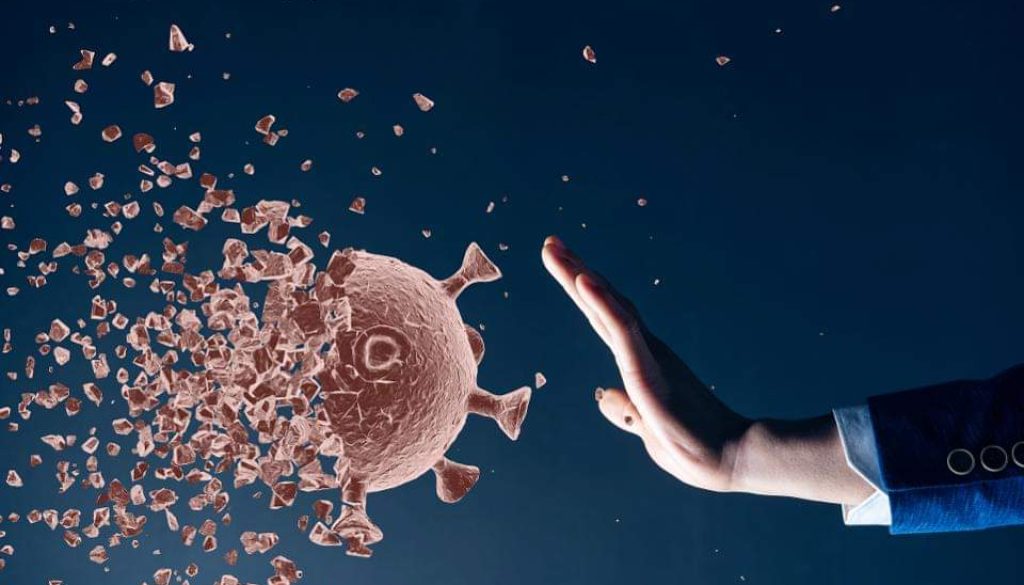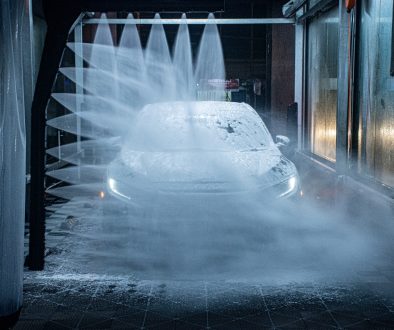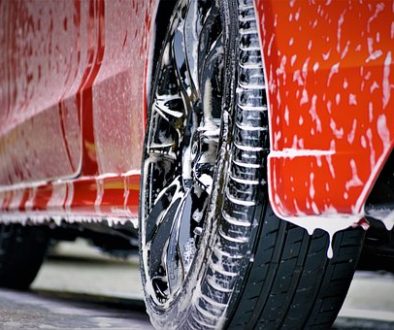How You Can Kill Coronavirus in Your Car Without Damaging Interior Surfaces
Washing hands and cleaning and disinfecting high-touch surfaces are two of the best ways to defend against spreading the coronavirus, according to the Centers for Disease Control and Prevention (CDC).
As COVID-19 spreads, you’ve probably already learned the proper technique for washing your hands and which household cleaners can destroy a coronavirus.
But what about the inside of your car?
If you or someone else who has been in your car shows symptoms of the illness, you should clean frequently touched surfaces, including the steering wheel, door handles, shift lever, any buttons or touch screens, wiper and turn signal stalks, passenger and driver door armrests, grab handles, and seat adjusters, according to Jennifer Stockburger, director of operations at Consumer Reports’ Auto Test Center.
A car’s interior is less durable than, say, a kitchen counter or bathroom sink. So how do you protect those surfaces without damaging them?
With a few notable exceptions, many of the same household cleaners that kill coronaviruses on hard surfaces at home can also clean a car without damaging its interior. Chances are, you may already have some of these products at home.
Alcohol solutions that contain at least 70 percent alcohol are effective against coronavirus, according to the CDC. For the most part, nearly every interior surface of a vehicle can be cleaned with isopropyl alcohol, says Jeff Stout, executive director global innovation at Yanfeng Automotive Interiors.
Yanfeng is the world’s largest supplier of automotive interior parts, and works with almost every major automaker. If you’ve been in a car, you’ve probably seen or touched something Yanfeng has made—and it uses isopropyl alcohol for cleaning parts in its own factories.
“We will use that to clean smudges or any kind of last minute details before we ship the product,” Stout says. All the company’s products—from plastic trim to painted chrome to imitation leather—have been tested to ensure they don’t degrade when exposed to pure isopropyl alcohol. Stout says that it’s even possible to rub the exterior surface of soft cloth upholstery with alcohol in order to clean it.
“The number one thing is to clean your hands,” Kosilla says. “You can clean your steering wheel, but if you have dirty hands, you put that dirt back on.”
Washing your hands is still one of the best ways to defend yourself against COVID-19, says Thomas.
“It is known that coronaviruses can persist on surfaces, but as of right now we still think infections via respiratory transmission are still primarily the main route from person to person,” he says.






